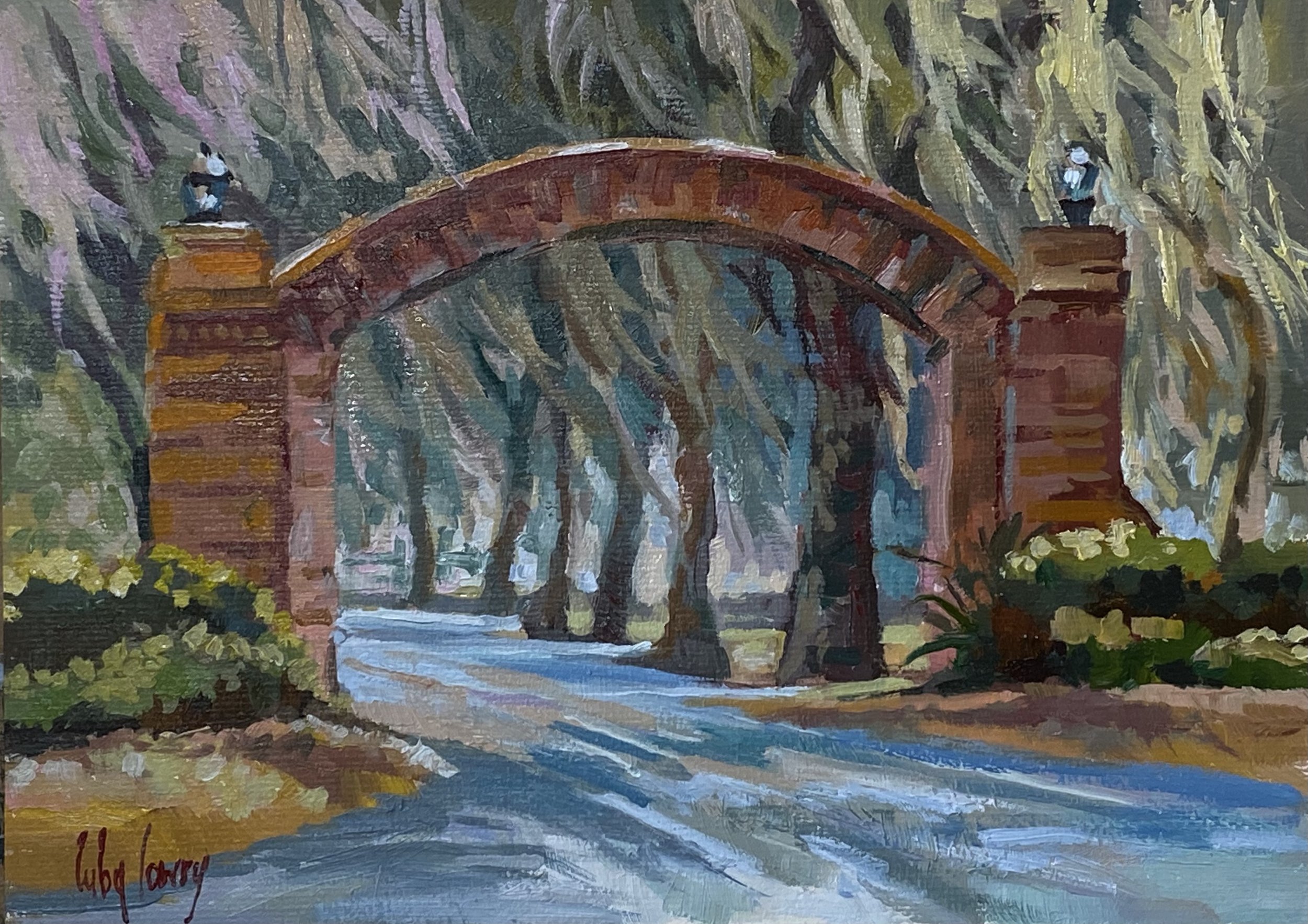#146: Bethesda: George Whitefield's Home for Orphans
"Lord, help me to begin to begin."
—George Whitefield
Bethesda: George Whitefield's Home for Orphans
When twenty-four-year-old George Whitefield arrived in Savannah in 1738, he expected to become an instrument of God. He also fervently prayed his calling included establishing a home for orphans.
He did become such an instrument, and an orphanage did get built on the 500 acres of land 10 miles outside of Savannah that Georgia founder James Oglethorpe granted for its creation.
Whitefield became one of the most admired evangelists in America before the War for Independence, a leading figure in the First Great Awakening that swept through England and its North American colonies in the 1740s. He founded the Bethesda orphanage, raising funds primarily through his popular and passionate preaching. Now called the Bethesda Academy, it remains the oldest charity in North America.
Back at Oxford, Whitefield had become a vital member of the 'Holy Club' started by John Wesley in 1729; many experts claim it the sacred root of Methodism. The club's name was a title of derision given by fellow students and faculty at Oxford, but several in the small group, including George Whitefield, went on to distinguished careers as Christian leaders and evangelists in the English-speaking world.
When Whitefield arrived in Savannah, he took over the pulpit, becoming the parish priest at Christ Church (see PFS-27). An essential component of his evangelical mission that followed was the philanthropic goal of establishing an orphanage in Savannah.
Whitefield was not the first to dream of creating an orphanage in Savannah. Almost immediately after the Georgia Trustees established the colony, an awareness arose among them of the need to care for many orphans left by colonialists who succumbed to the harsh elements of the Georgian wilderness.
He requested and was granted permission by the Trustees to raise funds. But then, the association with John Wesley and the Holy Club brought bitter opposition and troubles. To raise funds, the talented evangelist needed to preach. Many churches began to close their doors for use as meeting places.
To overcome this obstacle, Whitefield took his dynamic voice up and down the Atlantic seaboard to the village streets and open fields, drawing massive crowds wherever he went. His crusade to build Bethesda gave him license to preach his religious views in his unique persuasive style.
Most preachers of his day spoke carefully from written sermons. What was revolutionary about Whitefield's style was that he spoke extemporaneously without notes. He evangelized from the heart, and his expressive style won many converts and fans. Ben Franklyn became his publisher and soon Whitefield became the biggest celebrity in America before George Washington took over that role.
While Whitefield busied himself raising funds and saving souls with endless travel and preaching, James Habersham was placed in charge of running the orphanage and school. Whitefield named his creation Bethesda, meaning House of Mercy. By 1740, over 60 orphans already called it home.
The children faced busy daily schedules of chapel instruction, prayer, biblical lessons, work duties, and school studies. The girls learned knitting, cooking, sewing, and spinning, while the older boys often apprenticed with tailors, carpenters, and shoemakers. The children were kept busy.
It remains a significant black mark on his legacy, but George Whitefield became an advocate for slavery in Georgia. As he saw it, slave labor became essential for funding the orphanage.
He and his friend James Habersham played leading roles in introducing slavery to Georgia in 1751.



